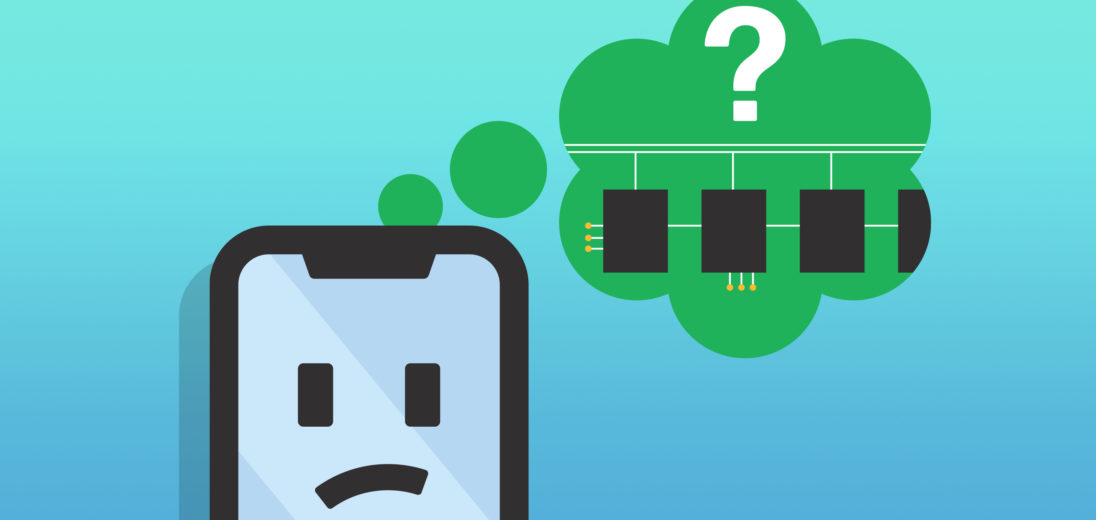Random Access Memory (RAM) is one of the essential components to any PC, laptop, tablet, smartphone, or gaming console. However, it can be difficult to know how much RAM you need or why it's important. In this article, I'll help you understand what RAM is and what its role is in your daily life!
What Is RAM?
Simply put, RAM is a device’s short term or temporary memory storage. RAM is all the information your device thinks it needs right now, so when it's asked to access or locate that information, it'll be able to do so faster. This is different from your device’s hard drive, which is where its information is stored over the long term.
All information stored in the RAM is lost once your device turns off. When you turn your computer on again, all the information is loaded from the hard drive back to the RAM and the process begins again.
The more programs open at the same time, the less memory your device will be able to distribute. If your device only has a small amount of RAM, it can get slowed down significantly when you run a lot apps or programs simultaneously.
However, if your device has more RAM, those apps and programs will run more quickly and you'll be able to do more things at the same time. Your device's processor sends information to the hard drive if its RAM fills up, which will slow down your device.
RAM operates at very fast speeds and is essential to the device being able to access any single byte of data. This avoids the device having to search until the data is located.
How Is RAM Measured?
RAM was measured in nanoseconds (one billionth of a second) until SDRAM was introduced, which is measured in MHz (megahertz). RAM is also measured by size, either in megabytes or gigabytes.
How Does RAM Relate To Smartphones?
In today’s world, smartphones have become a tool for us to multitask and get things done. This is where RAM comes in handy.
Although some apps and games are installed and stored in your phone's internal storage, it’s the RAM that allows us to jump back and forth between apps without needing to refresh them each time. Once you run an app or game on your smartphone, it’s loaded into the RAM, where it can stay before the RAM gets full.
Phones with more RAM can process more things at once. More RAM helps you have a more enjoyable phone experience, because it's less likely that your phone will operate slowly. RAM also makes features like push mail, when your phone checks your email even when your email app is closed, possible.
However, more isn't always better when it comes to RAM. More power also means your phone could have a shorter life span. Using a lot of RAM can also drain your phone's battery faster (and you should check out battery tips, whether you have an Android or an iPhone).
It's important to find a smartphone with just as much RAM as you need — no more, no less.
How Much RAM Do I Need?
The question of much RAM you need will always come back to what you want to do on your device. Are you a graphic designer or video editor? Or do you simply want to be able to surf the web and play a few gaming apps?
As a general rule of thumb, 8 GB of RAM is enough for average users who want to browse the web, stream music or videos, and edit documents or photos.
You probably won't need more than 8 GB unless you want to use your phone to edit video files or play high-end games.
Here's a breakdown of some newer smartphones and how much RAM they have:
| Brand | Phone | RAM | |
|---|---|---|---|
| Samsung | Galaxy S10 | 8 GB | View More |
| Apple | iPhone XS | 4 GB | View More |
| Samsung | Galaxy Note 9 | 6–8 GB | View More |
| Pixel 3a | 4 GB | View More |
RAM: Explained!
We hope this article gave you a better understanding of what RAM is and more importantly how it relates to your everyday life. Please let us know what your experience is with RAM on your various devices. Feel free to leave a comment below if you have any other questions!
